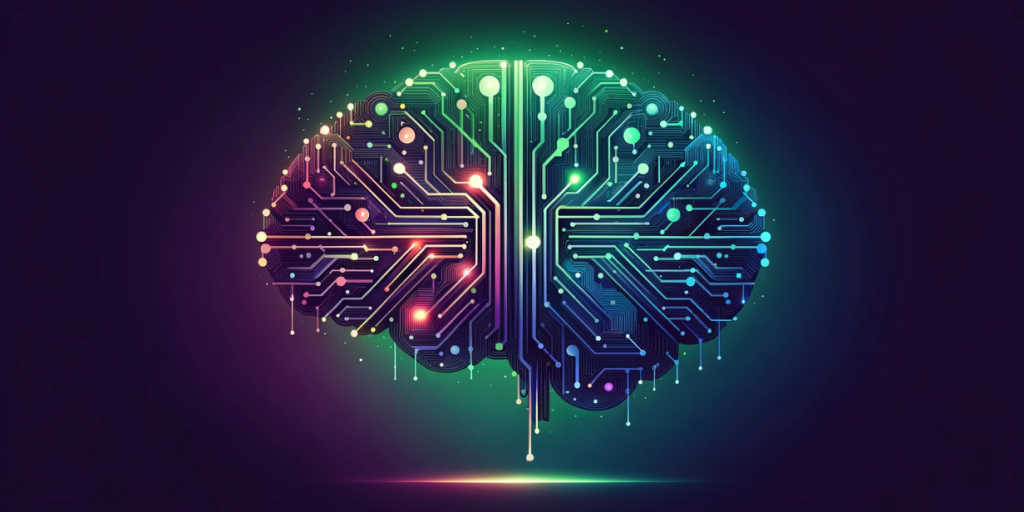
Artificial Intelligence (AI) is a field of science and technology involved in creating intelligent systems capable of performing tasks that were traditionally done only by humans. Although it is one of the most dynamic and promising fields of modern science, there are many myths about AI in society. Some believe that it has already reached the level of human intelligence, while others think it poses a threat to humanity. In reality, however, AI is much more complex and diverse than these perceptions. Let’s discuss this in more detail.
Myths about AI
One of the most common myths about AI is that it has already reached the level of human intelligence. However, this is not the case. Currently, AI can only perform certain tasks that are commonplace for humans, such as playing chess or recognizing faces. Yet, it is not capable of creativity, intuition, and other characteristics of human intelligence.
Another widespread myth about AI is that it poses a threat to humanity. This myth is often associated with popular movies and books, where AI is depicted as a dangerous technology that could destroy humanity. In reality, AI is a tool that can be used for both positive and negative purposes. It all depends on who is using it and how. Although there is a tendency for AI to be mostly used for beneficial purposes in many areas and companies today.
Reality of AI
Modern AI is a mosaic of various technologies that are constantly evolving. The most successful directions among them can usually be considered as follows:
- Machine Learning (ML) is a subset of AI that deals with creating systems that can learn from data. ML is used in fields such as image recognition, machine translation, recommendation systems, etc.
- Neural Networks (NN) are a type of machine learning that models the work of the human brain. NNs are used in fields related to recognition, such as image recognition, speech recognition, or motion detection.
- Artificial General Intelligence (AGI) is a hypothetical type of AI that could reach the level of human intelligence. AGI does not yet exist, but its development is one of the most important goals of modern AI.
Prospects of AI
AI has tremendous potential to change our world. Today, it can be seen being used to improve people’s quality of life, for example, in developing new medicines, creating safer vehicles, improving education, and even for solving complex global problems such as climate change or poverty.
However, AI also has the potential to create new problems. For instance, it can be used to develop new types of weapons that could harm people, and on the other hand, lead to job losses as automation performs more tasks currently done by humans.
Therefore, it is so important that the development of AI happens gradually and responsibly. For this, international rules and standards need to be developed that will regulate the development and use of these technologies, and society should be regularly informed about the real potential risks and benefits of AI.
Overall, AI is a powerful technology with the potential to change our world for the better. However, it is always necessary to understand the myths and reality of AI in order to be able to use it for the benefit of humanity.

Leave a Reply